Proper food storage is a crucial aspect of maintaining food quality, ensuring safety, and reducing waste in our kitchens. By employing effective food storage techniques, individuals can significantly extend the shelf life of their groceries, preserve freshness, and ultimately save money. This article delves into the importance of proper food storage and provides comprehensive guidelines and tips to help you master the art of preserving food.
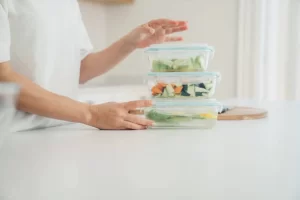
General Guidelines
When it comes to food storage, there are several overarching principles that apply to most types of food. One of the fundamental aspects is maintaining the right temperature and humidity levels in storage areas. Proper cleanliness is also essential to prevent contamination and spoilage.
Additionally, using airtight containers is key to keeping food fresh for longer periods. These containers help to seal in freshness and protect food from exposure to air, which can lead to oxidation and spoilage. Proper labeling of containers is equally important to ensure that you can easily identify the contents and track the expiration dates.
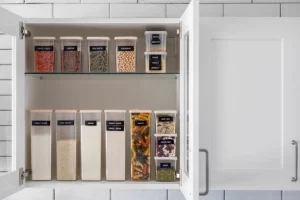
How should different types of food be stored?
- Perishable Foods
Perishable foods such as dairy products, meats, and fresh produce require specific storage conditions to maintain their quality and safety. These items should be stored in the refrigerator at temperatures below 40°F (4°C) to slow down bacterial growth and prevent spoilage. It’s crucial to store perishable items in airtight containers or sealed plastic bags to maintain freshness and prevent cross-contamination.
- Dry Goods
Dry goods like grains, flour, and pasta should be stored in a cool, dry place away from heat and moisture. It’s best to store these items in airtight containers to protect them from pests and maintain their quality. Consider using glass or plastic containers with tight-fitting lids to keep dry goods fresh for longer periods.
- Canned and Packaged Foods
Canned and packaged foods have relatively long shelf lives, but proper storage is still essential to maintain their quality. Store canned goods in a cool, dry place away from direct sunlight and high temperatures. Check the expiration dates regularly and organize your pantry so that older items are used first.
- Herbs and Spices
Herbs and spices can lose their potency and flavor if not stored correctly. Store dried herbs and spices in airtight containers away from heat, light, and moisture. Consider using opaque containers to protect them from light exposure, which can degrade their flavors over time. Label containers with the date of purchase to ensure freshness.
- Freezing Tips
Freezing is an excellent way to preserve the freshness of many foods and extend their shelf life. When freezing foods, make sure to package them properly to prevent freezer burn and maintain quality. Use freezer-safe bags or containers and remove excess air to prevent freezer burn. Label containers with the date of freezing and contents for easy identification.
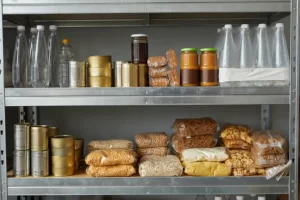
Organization and Labeling
Organizing your food storage areas is essential for efficient inventory management and easy access to items. Arrange items in your pantry or refrigerator based on their expiration dates, with older items placed in front for quick use. Label containers with the date of purchase or expiration and the contents to prevent confusion and reduce waste.
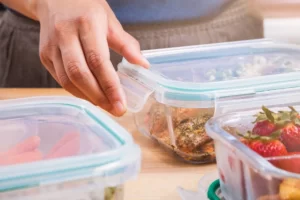
Effective food storage is a valuable skill that can help you reduce waste, save money, and enjoy fresh, high-quality meals. By following the tips and guidelines outlined in this article, you can enhance the longevity of your groceries and maintain their freshness for longer periods. Implement these strategies in your kitchen to streamline your food storage practices and reap the benefits of a well-organized and efficient system.

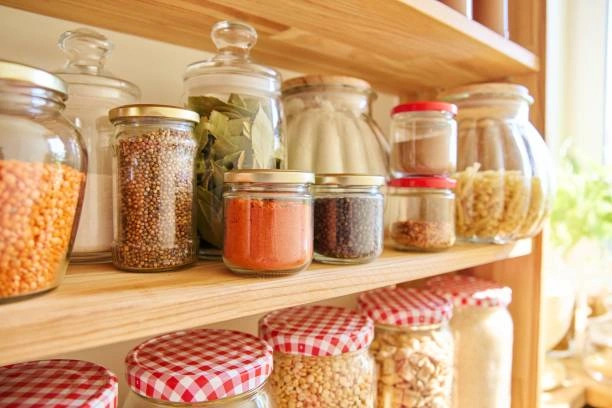
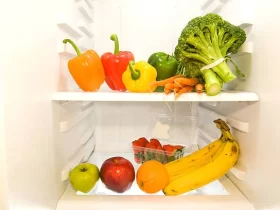
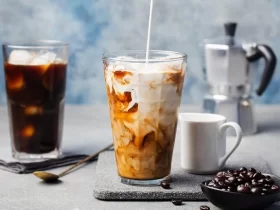

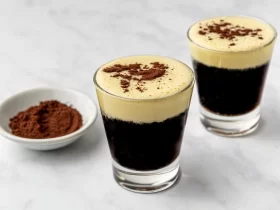
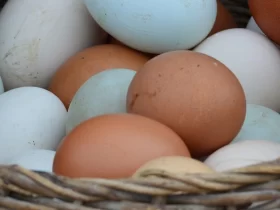

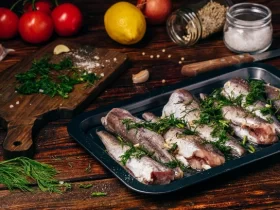
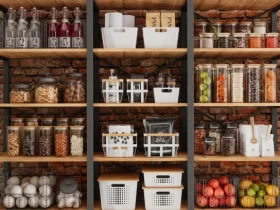
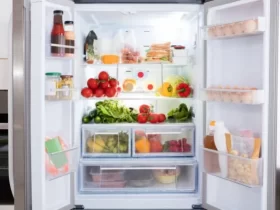
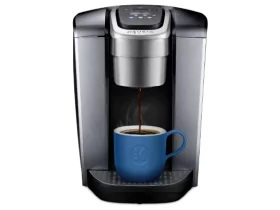
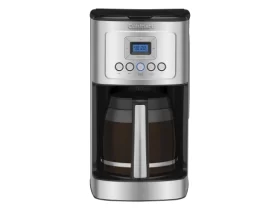


Leave a Reply